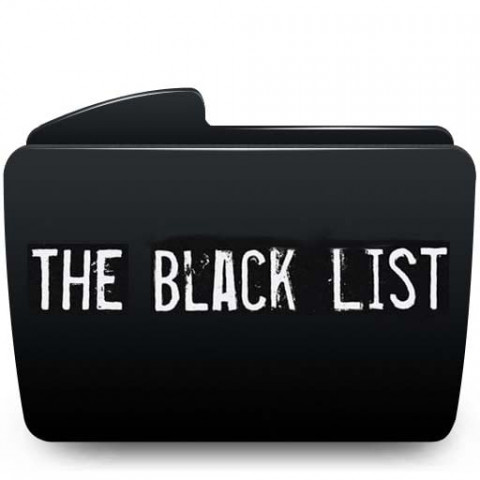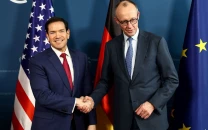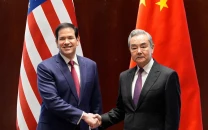US allows trade with blacklisted countries
Some 10,000 deals have been allowed under a loophole that permits humanitarian aid despite the sanctions.

Some 10,000 deals have been allowed under a loophole that permits humanitarian aid despite the sanctions, allowing US companies, including food giants Kraft and Mars, to get around economic blacklists for countries designated as state sponsors of terrorism, the New York Times (NYT) said.
This year the international community, especially the Obama administration, has ramped up pressure on Tehran over its nuclear program, blacklisting even more Iranian individuals and firms under an extended economic embargo.
Yet according to the NYT report, an office at the US Treasury Department has granted licenses via a 10-year-old law that exempts humanitarian aid, both agricultural and medical.
The broadly-written language of the loophole, opened wider by industry lobby groups in recent years, has seen the term “humanitarian aid” extended to companies exporting items as diverse as cigarettes, chewing gum, Louisiana hot sauce and body-building supplements.
In a three-year investigation involving a Freedom of Information lawsuit filed against the Treasury and its Office of Foreign Assets Control, the NYT was given heavily censored documents outlining the deals.
The office’s director, Adam Szubin, defended its actions, telling the Times: “I haven’t seen any licenses that I thought we should have done differently.”
Since the humanitarian aid law, a loophole passed in the year 2000, US exports to Iran have totalled more than 1.7 billion dollars, according to the documents.
Published in The Express Tribune, December 25th, 2010.



















COMMENTS
Comments are moderated and generally will be posted if they are on-topic and not abusive.
For more information, please see our Comments FAQ